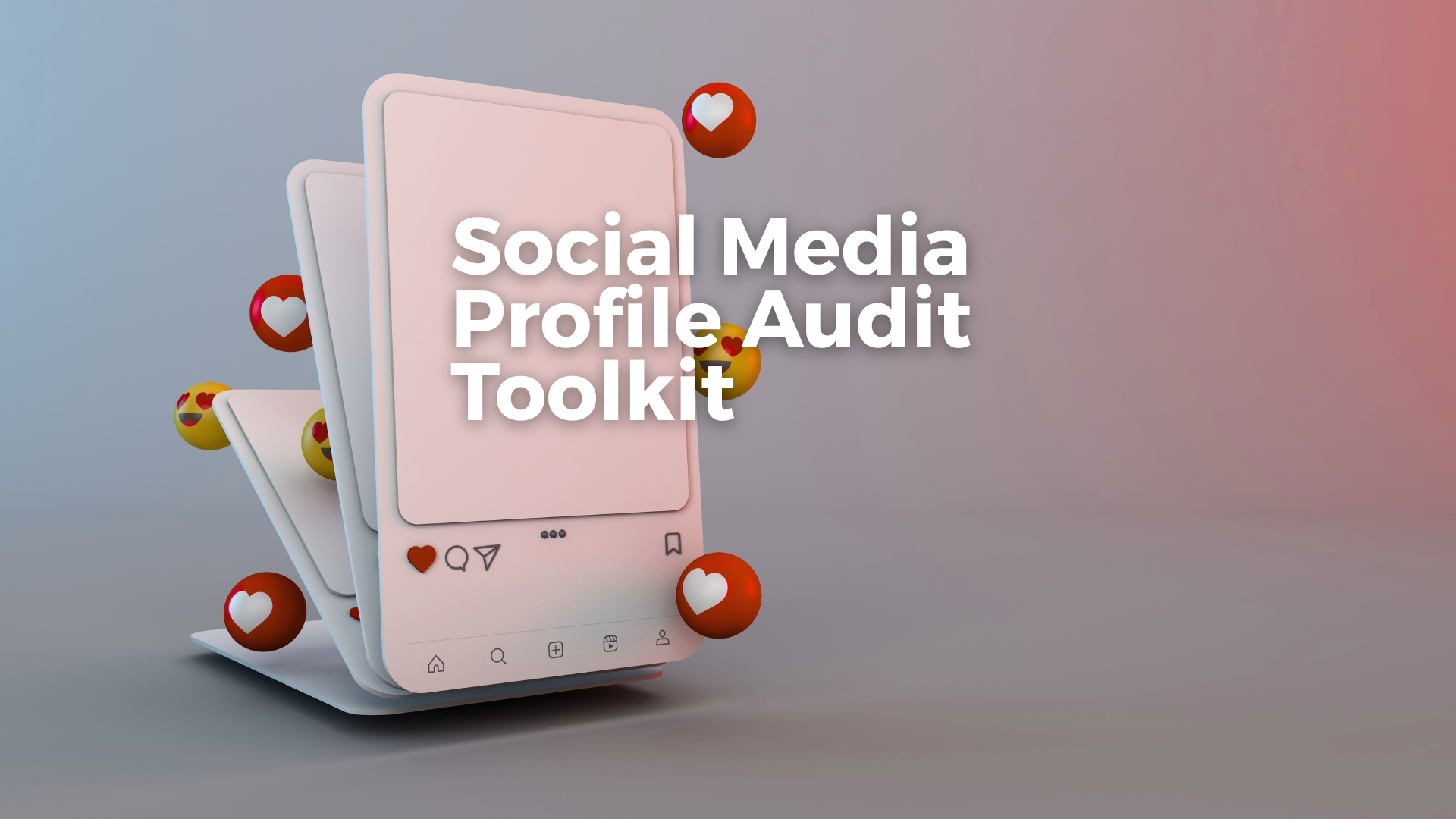
Leadership today requires more than just strategic thinking, vision, and the ability to manage teams. Emotional intelligence (EI) has become one of the most crucial aspects of leadership in our modern, fast-paced, and ever-evolving world. As a leader, how do you cultivate this vital skill to not only lead effectively but also inspire, motivate, and connect with those around you?
David’s Emotional Intelligence Epiphany
Consider David, a mid-level executive who had recently been promoted to lead a team of ten at a growing technology company. On paper, David was the perfect leader—he had a strong track record of delivering results, a deep understanding of his industry, and the confidence to make tough decisions. However, within a few months of his promotion, cracks began to show.
David’s team was struggling with morale. Turnover was increasing, and some of his best employees seemed disengaged. Despite his technical knowledge and strategic thinking, David’s leadership lacked an essential component: emotional intelligence.
He often missed the signs of burnout in his team, dismissed concerns that seemed “too personal,” and struggled to connect on a deeper level with his employees. As a result, his team’s performance began to suffer.
[RELATED] Decisive Leadership: Cultivating Confidence in Tough Decision-Making
Emotional intelligence is often the missing link for leaders like David who are skilled but struggle to build strong, empathetic relationships with their teams. By honing his EI, David could learn how to better understand, motivate, and support those around him.
The Pillars of Emotional Intelligence
Emotional intelligence is the ability to recognize, understand, and manage our own emotions while being able to recognize and influence the emotions of others. It’s broken down into five core components:
Self-Awareness
David’s first challenge was recognizing his own emotional triggers. Self-awareness is the foundation of emotional intelligence. By understanding his reactions to stress and criticism, David could better manage his own responses and prevent his emotions from clouding his judgment. Leaders who are self-aware are more adaptable, make better decisions, and are more likely to foster open communication within their teams.
Self-Regulation
In high-pressure situations, David often found himself reacting impulsively, which led to strained relationships with his team. Self-regulation is about controlling your impulses, staying calm under pressure, and being intentional about your actions. For David, learning to pause before reacting and think through the emotional impact of his words and actions could help him build trust with his team.
While David was motivated by career advancement and company success, he struggled to inspire that same motivation in his team. Leaders with high emotional intelligence can channel their internal drive and enthusiasm to inspire those around them. By tapping into the values and goals of his team members, David could help create a more motivated and purpose-driven team.
Empathy
Empathy, the ability to understand and share the feelings of others, was one of David’s greatest weaknesses. He viewed emotions as distractions and often dismissed concerns that were not directly related to work.
But by cultivating empathy, David could begin to see things from his team’s perspective. Whether it’s recognizing when someone is struggling with personal challenges or understanding what truly drives an individual, empathy is a powerful tool for creating stronger, more engaged teams.
Inspiring, Listening, and Communicating
Lastly, David needed to develop stronger social skills. Leadership is not just about directing—it’s about inspiring, listening, and communicating effectively. Leaders with high emotional intelligence have strong social skills that help them navigate complex team dynamics, resolve conflicts, and build meaningful relationships.
David’s ability to connect with his team would significantly improve if he prioritized regular check-ins, active listening, and providing constructive feedback.
The Benefits of Emotional Intelligence in Leadership
For leaders like David, developing emotional intelligence can lead to a dramatic transformation in how they lead and connect with their teams. When leaders are emotionally intelligent, they foster a positive work culture, improve employee engagement, and build stronger, more cohesive teams.
Leaders who exhibit high emotional intelligence are better equipped to handle conflict, inspire loyalty, and create an environment of trust. Employees are more likely to feel valued and understood, which leads to higher job satisfaction and productivity.
Moreover, emotionally intelligent leaders are more adaptable and can more effectively navigate the unpredictable nature of today’s workplace. David’s ability to adjust to his team’s needs and communicate openly would not only improve team performance but also enhance his credibility as a leader.
Meaningful Connections
Emotional intelligence is not just a “soft skill”—it’s the cornerstone of effective leadership. Leaders like David may have the technical skills and strategic knowledge to succeed, but without emotional intelligence, they struggle to create lasting, meaningful connections with their teams.
By developing self-awareness, practicing empathy, and honing his social skills, David could unlock his full potential as a leader. Emotional intelligence is not something we’re born with; it’s a skill we can develop over time. And as leaders, it’s one of the most valuable investments we can make in ourselves and our teams.
Disclaimer: the names and scenarios presented are entirely hypothetical, yet the insights and principles are both true and relevant. We encourage you to consider the advice thoughtfully and apply it with discernment and personal judgment.





